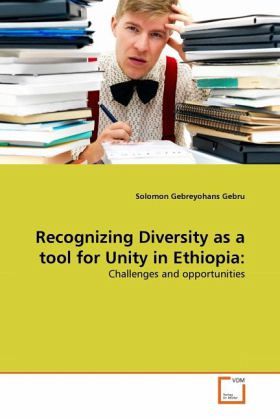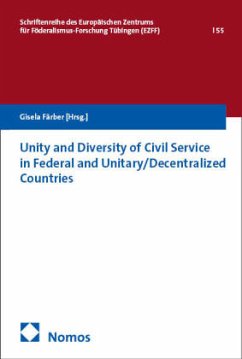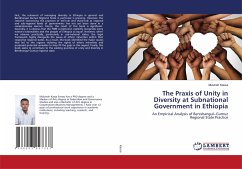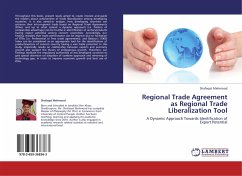
Recognizing Diversity as a tool for Unity in Ethiopia:
Challenges and opportunities
Versandkostenfrei!
Versandfertig in 6-10 Tagen
32,99 €
inkl. MwSt.

PAYBACK Punkte
16 °P sammeln!
To be honest, this is not a new contribution to contemporary Ethiopian politics. Since it was introduced in 1991, Ethiopia's multi-national Federalism, that puts diversity as its founding stone,attracted several local and international writers and thus a lot has been said about it. However, the approach the author used to examine Ethiopia's multi-national federalism is somewhat different. Especially, the way the author tried to analyze it in terms of approaches/models that have been used by plural states to reconcile unity with diversity is a new perspective. Moreover, although one can critici...
To be honest, this is not a new contribution to contemporary Ethiopian politics. Since it was introduced in 1991, Ethiopia's multi-national Federalism, that puts diversity as its founding stone,attracted several local and international writers and thus a lot has been said about it. However, the approach the author used to examine Ethiopia's multi-national federalism is somewhat different. Especially, the way the author tried to analyze it in terms of approaches/models that have been used by plural states to reconcile unity with diversity is a new perspective. Moreover, although one can criticize it as shallow assessment, the author followed a realistic approach in assessing the practice of accommodating diversity in Ethiopia and the challenges it has been facing.Finally, the author strongly believes that the ability to reach unity in diversity will be the beauty and test of human beings' civilization in the 21st Century.












